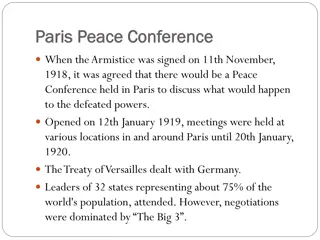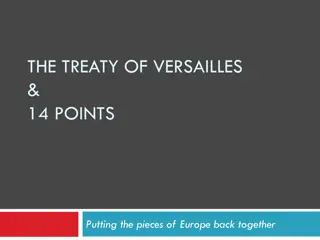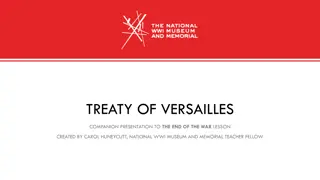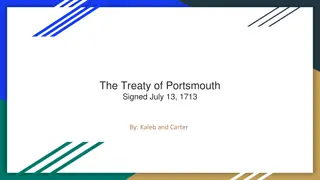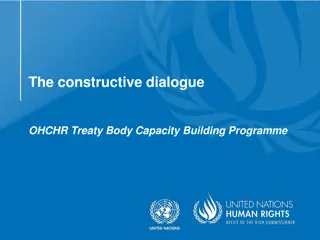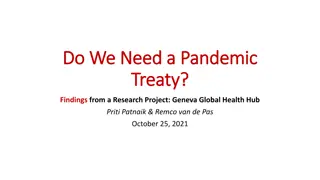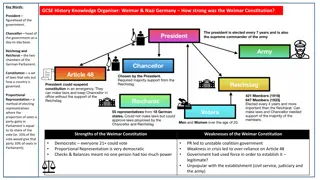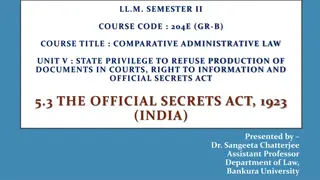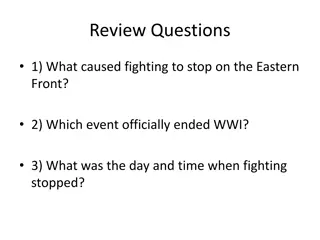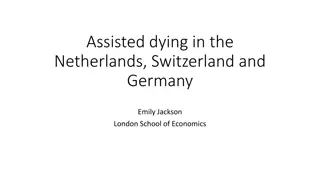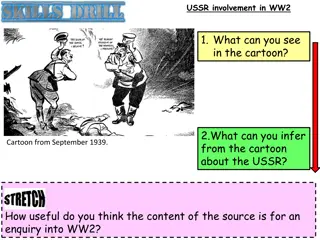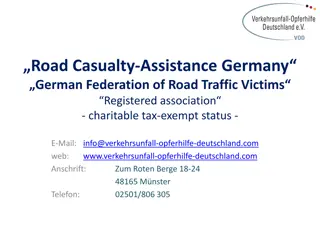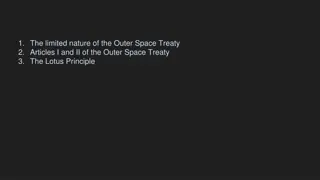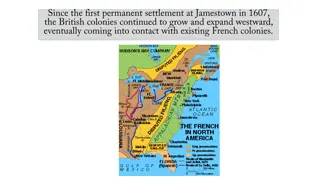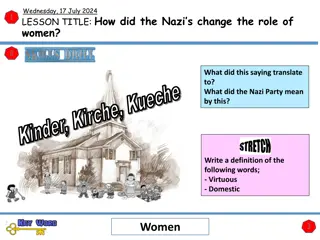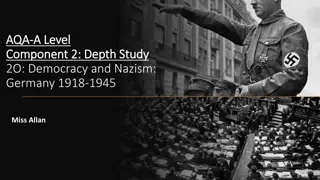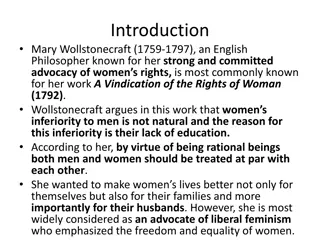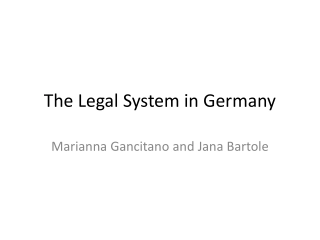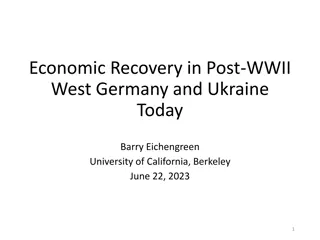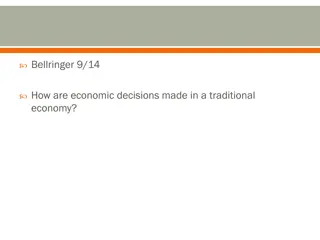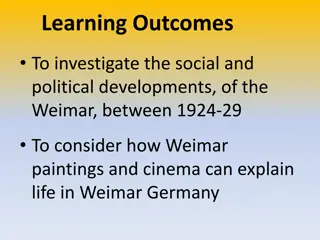Impact of Treaty of Versailles on Germany up to 1923
Germany faced immediate harsh consequences from the Treaty of Versailles, including huge reparations, loss of resource-rich lands, and political turmoil. The treaty led to economic bankruptcy, hyperinflation, and social unrest, with right-wing extremists attempting coups and assassinations. The occupation of the Ruhr by France and Belgium further crippled Germany economically, leading to a severe crisis by 1923.
Download Presentation

Please find below an Image/Link to download the presentation.
The content on the website is provided AS IS for your information and personal use only. It may not be sold, licensed, or shared on other websites without obtaining consent from the author. Download presentation by click this link. If you encounter any issues during the download, it is possible that the publisher has removed the file from their server.
E N D
Presentation Transcript
What was the impact of the peace treaty on Germany up to 1923 L/O To identify the immediate impact of the TOV on Germany up till 1923.
Germanys Immediate Reaction Germany felt the TOV was way to harsh because: They had to pay huge reparations, but valuable resource (coal, iron ore) land they needed to pay reparation was stripped from them. Kamra sucks! In the treaty of Brest-Litovsk in March 18 was far hasher, Germany expected Russia to pay huge reparations and give up 35% of their territory. Germany objected that the treaty was nothing but a diktat and were excluded from the negotations. They were only allowed to offer comments and criticisms. Germans were very angry about article 31, and felt they were not solely to blame.
Task: Use the source below explain to explain how Germany felt about how the TOV was negotiated.
Political Impacts of the TOV On June 28, two representatives from the new Weimar Government signed the TOV, but was it fair? The TOV was signed under duress, with the threat of restarting the war hanging over Germany s head. The TOV became a symbol of humiliation and dishonor for many Germans and seriously undermined the new Weimar Government. Friedrich Ebert
Right-wing extremists attempted assassinations of high ranking government members such as Walter Rathenau (foreign minister) and Matthias Erzberger (finance minister). Rebellions by were encouraged by left wing extremist groups such as the Spartacist Uprising in January, 1919. The Weimar government was saved by the 250, 000 strong Freikorps. Freikorps were demobilized members of the military who were upset about the disarmament provisions of the TOV who refused to give up their weapons, andformed an anti-communist vigilante group Right wing politicians and activists attempted coups of the government including the Kapp Pustch in March, 1920, and the Munich Putsch a few years later in November 1923. Dr. Wolfgang Kapp with support of the Friekorps marched on Berlin in March, 1920, and declared a new national government. President Ebert fled, and the Weimar Government only sruved because of a general workers strike that involved up to 12 million workers which brought public services to a stand still. Wolfgang Kapp
Economic Impacts of the TOV The German gov t was bankrupt as all of its gold reserves had been spent on the war. Loss of resource rich lands like the coalfields of Silesia. Reparation payments of 6.6 billion pounds. By 1923 Germany couldn t afford repayments. In retaliation, France and Belgium sent 750,000 troops to occupy the Ruhr, Germany s most industrial rich area. 80% of German coal and iron were based in the Ruhr, so the occupation crippled Germany further. This led to shortage of goods, inflation sky rocketed, unemployment and failing factories led to a loss of money from taxes. In response, Germany used 200 paper mills and 2000 printing shops to print more money causing hyperinflation which caused prices to skyrocket. E.g bread costing 1 mark in 1919 rose to 100,000 marks in 1923. Hyperflation made the Germany currency (Mark) worthless leading to: Food Shortages and starvation, bartering of goods, and middle class savings were completely wiped out.
Economic Relief Germany s economy was collapsing under the TOV, so something needed to be done quickly to stabilize the economy. Gustav Stressman became Chancellor in Aug. 1923. He introduced a new temporary currency the Retenmark which helped to stabilize Germany s finances, eventually being replaced by the permanent currency called the Reichsmark in 1924 which was accompanied by new national bank (Reichsbank) to help control the currency. The April, 1924 Dawes plan reduced the annual reparation payments to an affordable level, and the US provided Germany with an $800 million dollar loan, and the Allies agreed to withdraw frim the Ruhr once reparation payments restarted. This all helped stabilize the German economy, at least for the short term. Stressman Dawes
Task: Complete quick questions 5 and the discussion questions on page 16.


